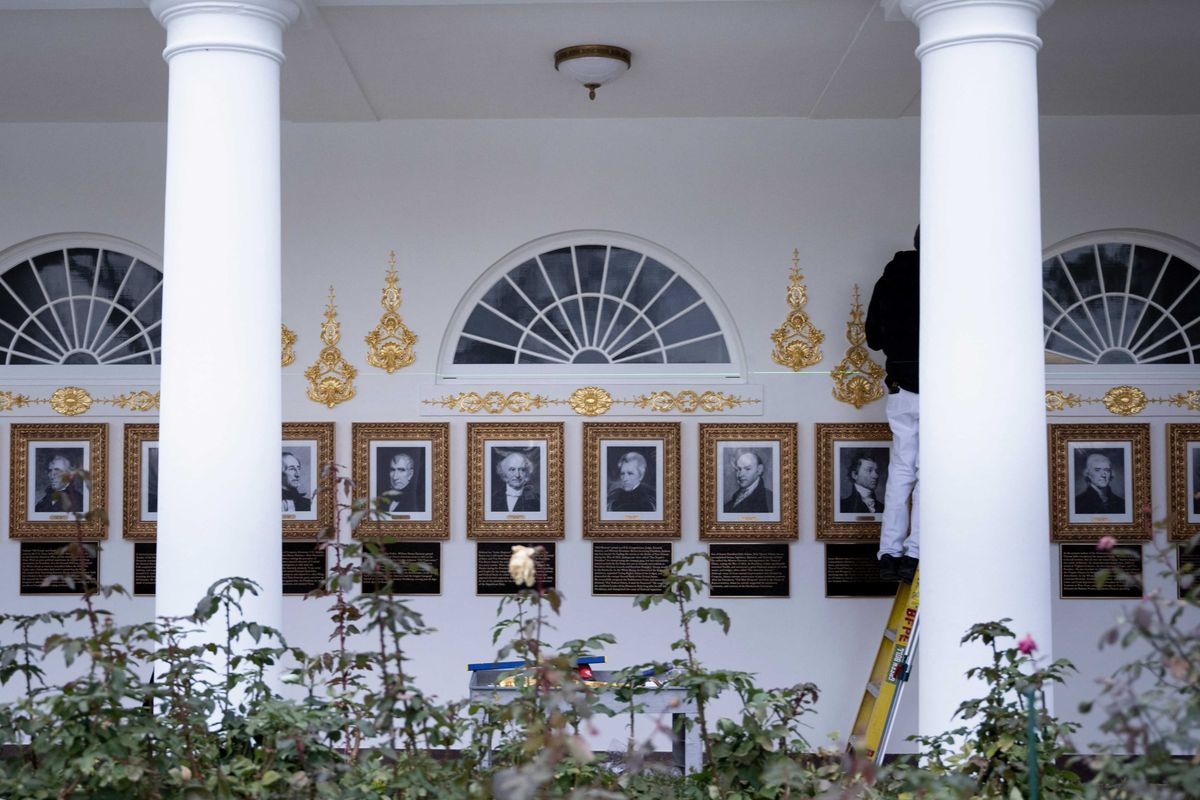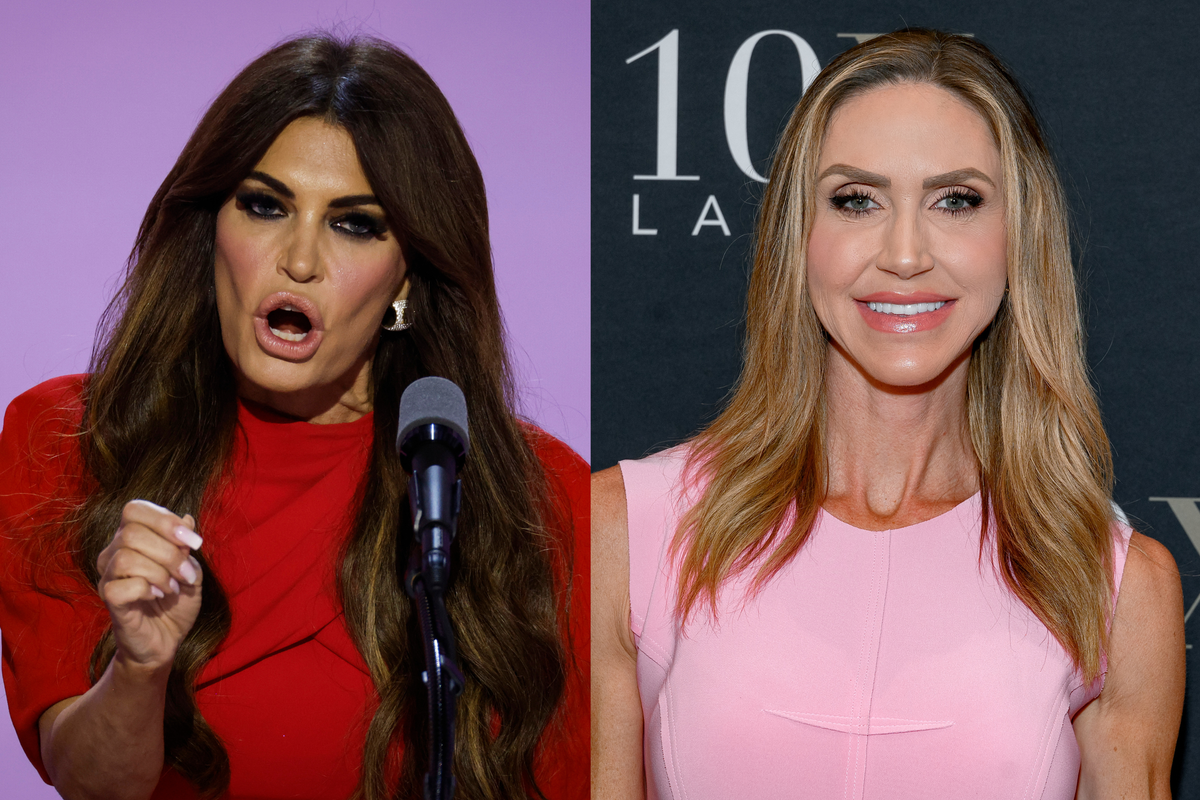Unless you’ve been offline for the past few days, you’ll have seen that US congresswoman Alexandria Ocasio-Cortez gave an unforgettable speech about misogyny in politics this week.
AOC’s showstopping speech followed a confrontation with Republican congressman Ted Yoho. Cortez claims that Yoho shouted at her and called her a “f***ing bitch” because he disagreed with her on a statement she'd made about poverty. He denies using those exact words, but didn’t deny the confrontation and made an “apology” of sorts on the House floor.
The reason we’re calling it an “apology” is because, well, it wasn’t exactly the sort of apology we’re taught to give as children. In fact, referencing the confrontation, Yoho even said he “cannot apologise for his passion”... which feels, not so repentant.
In response, AOC gave a speech detailing her experience of the misogyny that so many women experience in workplaces across the world. She called out the "entire structure of power" that enables "violence and violent language against women". It was the sort of speech which will be played for generations, and it’s hard to imagine that there weren’t young girls watching thinking that they want to grow up and be like AOC.
The speech was received very well online, with numerous parts going viral and being praised.
(We highlighted seven of the best moments from the incredible speech here, if you’re interested in reading more.)
But people have noticed a problematic trend in the way the young congresswoman’s speech is being described.
The speech is being described as “fiery”, which some people think is wrong.
So what’s the problem with describing the speech, or AOC, as fiery?
People on Twitter have pointed out that the word “fiery” plays into stereotypes about Latinx women. This trope manifests in a similarly damaging way to stereotypes about black women being “angry”. In 2018, Kelsey Castanon wrote that Latinx women are “sick of culture fetish and stereotypes” such as “fiery” and “exotic”.
On Twitter, people had lots to say about this.
AOC’s speech was many things: composed, passionate, powerful. But it wasn’t exactly “fiery”.
In fact, given what had allegedly transpired and the quality of the apology that AOC had to sit through, her speech was remarkably controlled and clear.
Here’s some of the explanations about why everyone should stop describing the speech as “fiery”.
It's great that AOC's speech seems to have resonated with so many people. But it's a reminder that, even if we think we're being complimentary, our language can play into unhelpful stereotypes.














